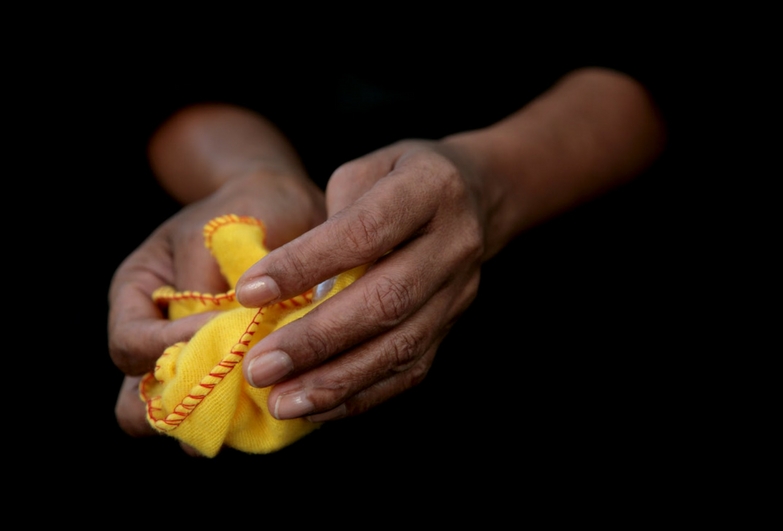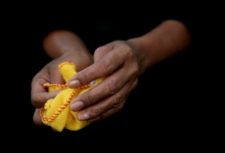Disclaimer: This article is more than 8 years old, and may not include the most up-to-date information or statistics. Please verify information with more recent sources as needed, and if you have any questions contact our Press Office.
Communications Manager Jakub Sobik on the new rules for overseas domestic workers proposed by the British Government.

9 March 2016
The government responded to James Ewin’s report on the Overseas Domestic Workers (ODW) visa, whose key recommendation was that “[…]the Government should relax the “employer tie”, allowing ODWs to change employers and be granted an additional two years’ stay for that purpose.
As experts, practitioners and the workers themselves have been saying for years now, being able to change employers is a basic safeguard for domestic workers and an escape route from abuse and exploitation.
The Government acknowledged this in its response. But although the Government has decided to allow the workers on the ODW visa to take alternative employment, it only allowed them to do that during the six month period for which they are originally admitted.
Only those who prove to the authorities via the National Referral Mechanism that they have been victims of trafficking can apply for extension of their stay, in addition to cases where discretionary leave may be granted to those, for example, assisting the police with their enquiries or pursuing a compensation claim.
What does it mean?
At first glance this sounds positive: overseas domestic workers can change employers. But now imagine this: you are a worker a few months into your six months visa, and the abuse from your employers becomes unbearable, so you decide to leave. But what is the chance that you will find another employer for the two remaining months of your visa? Evidence collected by James Ewins suggests that this will be extremely difficult.
Ok, you say that you can then apply for a recognition of your status as a trafficking victim? But what if you have been exploited but don’t meet the high threshold for trafficking? Do you take the risk and be referred anyway, knowing that a negative decision might mean you have to go home early? The decision is out of your hands, and remember you don’t have a right to appeal it.
And it’s not that the NRM is renowned for its fairness in the decision making process. As we pointed out in our Hidden in Plain Sight report, if you’re not a European (and you’re not if you’re in the UK on the ODW visa) then you have less than 20% chance of getting a positive recognition decision.
Now go on, leave your abusive employer and start searching for a new one. Good luck.
There are a few good things in the Government’s response, such as introducing compulsory meetings for the ODWs with authorities in a neutral space in which they can be given advice and an opportunity to alert someone to their situation if they need to. This is a first step to ensuring that domestic workers can feel that the authorities care about them.
But without giving the workers a real avenue to escape abuse it will be fruitless. Whilst appearing to be doing something to protect domestic workers, the Government ultimately continues to facilitate their exploitation.



